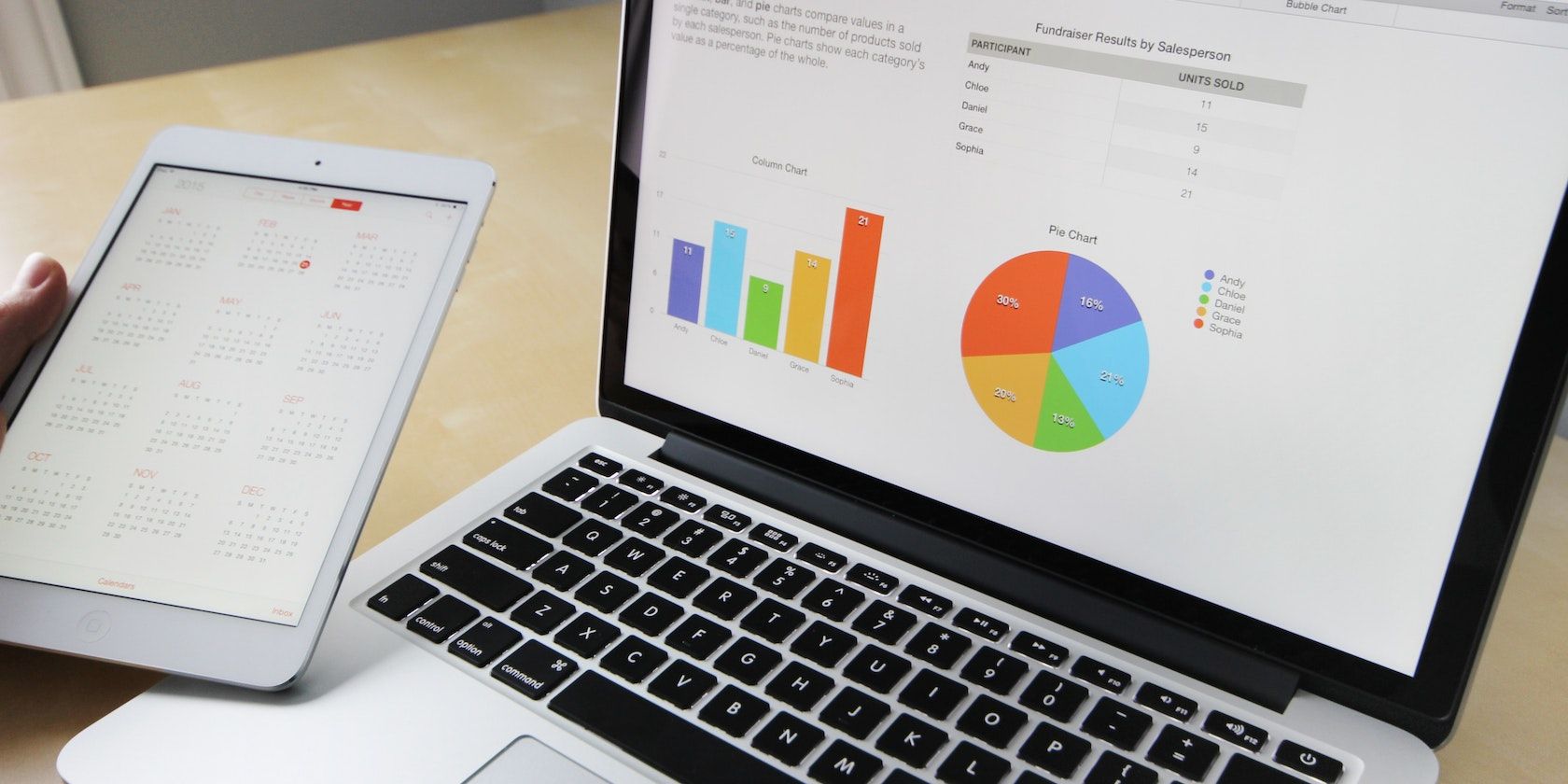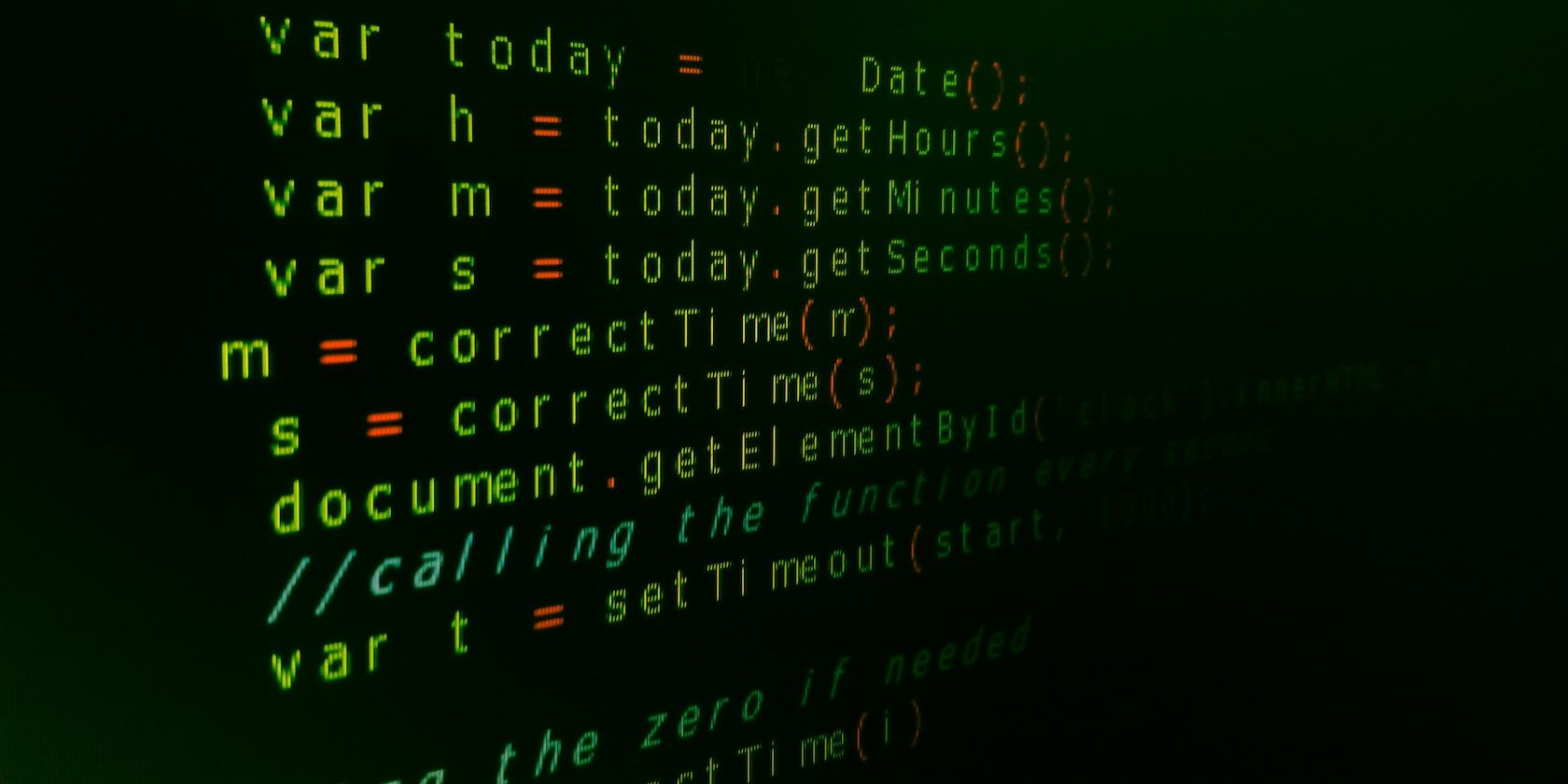Despite the recent buzz around data science, people still shy away from this field. For many techies, data science is complex, unclear, and involves too many unknowns compared to other tech careers. Meanwhile, the few who venture into the field constantly hear several discouraging data science myths and notions.
However, did you know that most of these tales are general misconceptions? It isn't the easiest path in tech, but data science isn't as terrifying as people tend to assume. So in this article, we'll debunk 10 of the most popular data science myths.
Myth #1: Data Science Is for Math Geniuses Only
Although data science does have its mathematical elements, no rule says you must be a guru in math. Besides the standard statistics and probability, this field comprises numerous other, not strictly mathematical aspects.
You won’t need to relearn abstract theories and formulas in great depth in areas involving math. Nonetheless, this doesn’t completely rule out the need for mathematics in data science.
Like most analytical career paths, data science requires basic knowledge of certain areas of math. These areas include statistics (as mentioned above), algebra, and calculus. Thus, while mathematics isn’t the main emphasis of data science, you may want to reconsider this career path if you’d rather avoid numbers altogether.
Myth #2: Nobody Needs Data Scientists
Unlike more established tech professions like software development and UI/UX design, data science is still gaining popularity. Yet, the need for data scientists continues to be on a steady ascent.
For example, the US Bureau of Labor Statistics estimates a 36% growth in the demand for data scientists between 2021 and 2031. This estimate isn't surprising, as numerous industries, including civil service, finance, and healthcare, have begun to see the necessity of data scientists due to increasing amounts of data.
Large data presents difficulties in releasing accurate information for many firms and organizations without data scientists. So, although your skill set may not be as popular as other tech fields, it is not less necessary.
Myth #3: AI Will Reduce Demand for Data Science
Today, AI seems to have the solution to every need. We hear of AI being used in medicine, the military, self-driving cars, programming, essay writing, and even homework. Every professional now worries about a robot someday working in their stead.
But does this fear ring true for data science? No, it's one of the many data science myths. AI may reduce demand for some fundamental jobs, but it still requires data scientists' decision-making and critical thinking skills.
Rather than replace data science, AI is significantly helpful, enabling them to generate information, collect, and handle much larger data. Moreover, most AI and machine learning algorithms depend on data, creating the need for data scientists.
Myth #4: Data Science Encompasses Predictive Modeling Alone
Data science could involve building models that predict the future based on past occurrences, but does it revolve around predictive modeling alone? Certainly not!
Training data for predictive purposes looks like the fancy, fun part of data science. Even so, behind-the-scenes chores like cleaning and data transformation are equally, if not more important.
After collecting large data sets, the data scientist must filter necessary data from the collection to retain data quality. There is no predictive modeling, but it is a tasking, non-negotiable part of this field.
Myth #5: Every Data Scientist Is a Computer Science Graduate
Here's one of the most popular data science myths. Thankfully, the beauty of the tech industry is the seamlessness when switching to a career in tech. Hence, no matter your college major, you can become an excellent data scientist given the right arsenal, courses, and mentors. Whether you're a computer science or philosophy graduate, data science is within your grasp.
However, there’s something you should know. Although this career path is open to anyone with interest and drive, your course of study will determine the ease and speed of your learning. For example, a computer science or mathematics graduate is more likely to grasp data science concepts faster than someone from an unrelated field.
Myth #6: Data Scientists Only Write Code
Any experienced data scientist would tell you that this notion is entirely false. Although most data scientists write some code along the way, depending on the nature of the job, coding is only the tip of the iceberg in data science.
Writing code only gets part of the job done. But, code is used to build the programs, and algorithms data scientists use in prediction modeling, analysis, or prototypes. Coding only facilitates the work process, so calling it the main job is a misleading data science myth.
Myth #7: Power BI Is the Only Tool Required for Data Science
Microsoft's Power BI is a star data science and analytics tool with powerful features and analytical abilities. However, contrary to popular opinion, learning to use Power BI is only part of what you need to succeed in data science; it involves far more than this singular tool.
For instance, although writing code isn't the central focus of data science, you need to learn a few programming languages, usually Python and R. You'll also require knowledge of packages like Excel and work closely with databases, extracting and collating data from them. Feel free to get courses to help you master Power BI, but remember; it's not the end of the road.
Myth #8: Data Science Is Necessary for Big Companies Only
Next, we have another dangerous and untrue statement that, unfortunately, most people believe. When studying data science, the general impression is that you can only get employment from major firms in any industry. In other words, failing to get hired by companies like Amazon or Meta equates to work unavailability for any data scientist.
However, qualified data scientists have many job opportunities, especially today. Any business that works directly with consumer data, whether a startup or a multi-million dollar company, requires a data scientist for maximum performance.
That said, dust up your resume and look at what your data science skills can achieve for companies around you.
Myth #9: Larger Data Equates to More Accurate Results and Predictions
Although this statement is usually valid, it's still a half-truth. Large data sets reduce your error margins compared to smaller ones, but accuracy doesn't depend on data size alone.
First, the quality of your data matters. Large data sets only help if the data collected is suited to solve the problem. Additionally, with AI tools, higher quantities are beneficial up until a certain level. After that, more data is detrimental.
Myth #10: It Is Impossible to Self-Learn Data Science
This is one of the biggest data science myths out there. Similar to other tech paths, self-learning data science is very much possible, especially with the wealth of resources available to us presently. Platforms like Coursera, Udemy, LinkedIn Learning, and other resourceful tutorial websites have courses (free and paid) that can fast-track your data science growth.
Of course, it doesn't matter what level you're currently at, novice, intermediate, or pro; there's a course or certification for you. So while data science might be a little complex, this doesn't make self-learning data science far-fetched or impossible.
There’s More to Data Science Than Meets the Eye
Despite the interest in this field, the data science myths above and more make several tech enthusiasts avoid the role. Now, you have the correct information, so what are you waiting for? Explore the numerous detailed courses on e-learning platforms and begin your data science journey today.




